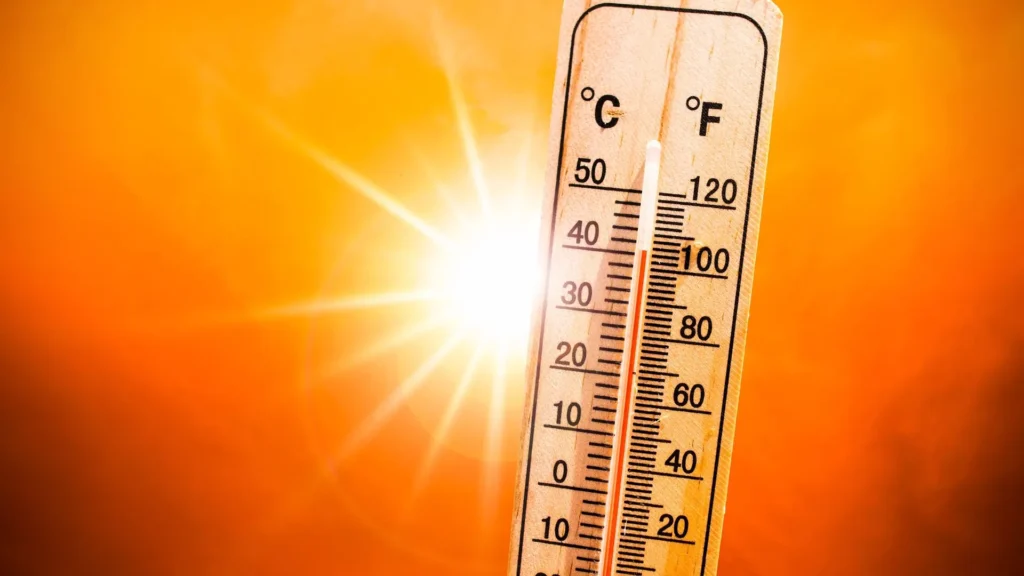The Florida heat protection bill has been a topic of controversy. Here are the key details:
Governor Ron DeSantis signed the Florida Heat Protection Bill, which prohibits local governments in Florida from requiring heat protection for outdoor workers.
- Instead of holding a press conference, Governor Ron DeSantis signed the bill quietly. He mentioned it in a press release on a Thursday night, along with nine other bills.
- Florida Heat Protection Bill, passed by the Florida Senate in March 2024, prevents local governments from mandating that companies provide heat exposure requirements beyond those required by law. For instance, Miami-Dade County had considered an ordinance that would have compelled employers to offer access to water and breaks in the shade on exceptionally hot days, but it was deferred to this spring.
- This rule was made because people were getting sick or even dying from the heat while working in jobs like construction and farming.
- Notably, there are no federal or state laws currently ensuring protection from heat exposure for those working outdoors. According to Senator Jay Trumbull, who made this law, the reason is to let employers decide how to make their workplaces safe and comfortable for their workers.
- Critics argue that local governments should have the power to set their own standards based on the weather conditions in their specific areas.
- Even though many people disagreed with the bill, it became a law after 2023. That year was the hottest ever recorded, especially in the southern United States where there were weeks of sweltering and humid weather with temperatures reaching over 100 degrees Fahrenheit.
What are the arguments for and against the Florida Heat Protection Bill?
Here are the arguments for and against the Florida heat protection bill:
Arguments For Florida Heat Protection Bill
- Uniformity and Business Burden:
- Supporters argue that a patchwork of local regulations can be burdensome for businesses. Consistent rules across the state simplify compliance for employers.
- Having one standard for the whole state means that companies don’t have to deal with different rules in different areas. This can save them from confusion and extra costs.
Arguments Against Florida Heat Protection Bill
- Worker Safety and Public Health:
- Critics, including labor unions and health advocates, contend that the bills one-size-fits-all strategy could imperil workers.
- Tailoring protections to local climate conditions is crucial. Extreme heat affects outdoor workers differently based on factors like humidity, sun exposure, and individual tolerance.
- Heat-related illnesses are a serious concern. Florida and Arizona usually see many people going to the emergency room because they’re sick from the heat. Sometimes, heat illness isn’t recognized as the reason for someone’s death.
- Impact on Farmworkers:
- Lucia Lopez, a farmworker, highlights the challenges faced by those working in extreme heat. Farmworkers wear protective gear (such as bandanas, hats, and long sleeves) to shield against sun and chemicals.
- Some days are worse than others, leading to headaches and dehydration. Workers who can’t handle the heat end up in hospitals or clinics, resulting in unpaid leave.
- Farmworkers’ pay is usually connected to how much work they get done. So, if they take breaks on their own, they might earn less money because they’re not working as much.
- Climate Change Context:
- The bill’s timing coincides with an expected hotter summer than last year’s record-setting months.
- Human-driven climate change, fueled by fossil fuel emissions, exacerbates extreme heat. The bill stops local rules at a time when the temperature is rising.
Source: nbcnews.com
